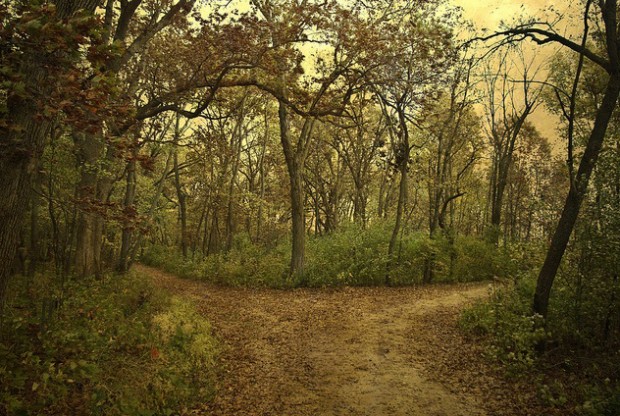How I Became A . . . Sex and Relationships Researcher
“I didn’t even know you could make a career out of that!” is a very common comment that myself and many sex researchers/educators/therapists receive. This comment is quite often followed by the question “how exactly did you get into that?” or “how do I get into that field?”
How I Became A . . .
A bunch of us Kinsey Confidential bloggers, educators, and writers got together recently and decided to do a series of “How I Became A . . .” to give our readers a taste of just how diverse each of our paths have been to get us into this field!
My Journey
My journey into this field appears more straight-forward now than it ever did along the way. There were a lot of bumps and curves that led me here…far more than can fit in a readable blog post. But I’ll outline the main turning points that got me where I am now.
Where It Began
My passion for human sexuality was ignited while enrolled in a human sexuality class of Dr. Caroline Pukall at Queen’s University during 3rd year of my undergrad in psychology. The next year, my final year of undergrad, I enrolled in a seminar class led by the same professor that addressed sexuality and sexual problems on a deeper level. I completed my undergraduate thesis in the area of romantic relationships (romantic rejection to be precise), and my passion for sexuality became permanent – both for research (based on my experience with the honors thesis…a must-do if you have the opportunity) and for the intricacies of love and sexual relationships.
The Key: Being Flexible
Once I graduated from Queen’s, I applied to a few clinical psychology programs and therapy programs with sexuality researchers as potential supervisors (looking at potential faculty supervisors is the best way to find a graduate program in this field). I was set on becoming a sex therapist (note: I am not currently a sex therapist) and thought it was the only pathway to a profession in sexuality. I was wrong.
I realized fairly quickly that I wasn’t cut out for therapy (if you knew me, you’d see that I’m far too much of an impatient realist to be a therapist). I ended up in a Human Developmentgraduate program at University of Guelph. I found this program based on finding faculty who did research I was interested in. I fell in love with sex research, thanks to my research advisor, Dr. Robin Milhausen (who is also an IU alum).
I attended my first sex conference, Society for the Scientific Study of Sexuality, that was held in Indianapolis, and I was lucky to go on a tour of the Kinsey Institute during that conference. It was at that conference that I realized how different everyone’s path was who did sex research. Some people did psychology, others were in public health, others in sociology or anthropology. Some were therapists, others educators, and others researchers. It was truly diverse.
I applied to the PhD program in Applied Health Science at Indiana University because of the amazing reputation of the Kinsey Institute and the Center for Sexual Health Promotion, and my good fit with the research interests of Dr. Debby Herbenick and Dr. Michael Reece. Though I never pictured myself moving from Canada to the USA (much less Indiana) or in a School of Public Health, it was the best choice I ever made.
Where I Am Now
I’ve shifted from wanting to be a therapist to being a researcher. I’ve shifted from psychology to public health. I consider myself a very interdisciplinary researcher (meaning that I draw from a number of disciplines to inform the research I do). I used to think that my interdisciplinary training was a detriment, but I now realize that it is actually a benefit. In my current search for faculty jobs (I’m graduating with my PhD in May), I’m finding that employers desire someone with an interdisciplinary background.
I now consider myself a biostatistician (oh yeah, I never mentioned that I ended up doing an MPH in Biostatistics somewhere in there) and socio-behavioral researcher who focuses on sex and relationships, mostly in the dyadic context of couples.
So, that’s my story. I hope you will learn more about the paths of other sexuality professionals from more blogs in this series, and I hope you’ll see how many different pathways can lead you to this wonderful and interesting field.
This post was originally on Kinsey Confidential.
 Kristen Mark
Kristen Mark



